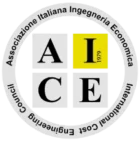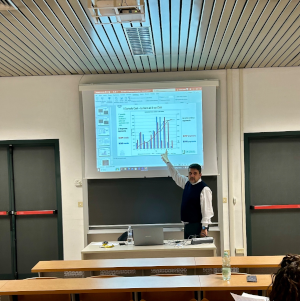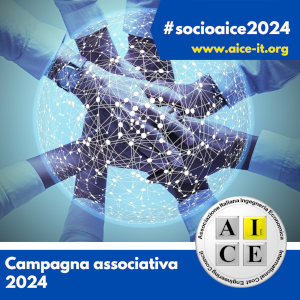AICE sta realizzando un ambizioso progetto di ricerca dal titolo: “Beyond Total Cost Management (TCM) to Systemic Value Management (SVM)”.
Il progetto ha l’obiettivo di costruire una definizione innovativa della disciplina e della professione del Total Cost Management, in corso di trasformazione indotta dalle grandi sfide socio-tecniche e dai nuovi modelli di gestione ed innovazione d’impresa. L’evoluzione verso una logica di Systemic Value Management è necessaria per adottare una visione più sistemica e che guardi alle molteplici dimensioni di valore generato e di sostenibilità in chiave ESG (Environmental, Social, Governance).
La fase iniziale del progetto (analisi della letteratura e sviluppo concettuale) è terminata con la pubblicazione, nel mese di ottobre del 2022, dell’articolo “Beyond Total Cost Management (TCM) to Systemic Value Management (SVM): Transformational Trends and a Research Manifesto for an Evolving Discipline” sulla rivista Sustaninabiliy (MDPI, ISSN: 2071-1050). Il lavoro ha fornito una preliminare descrizione del framework concettuale SVM.
Il team di ricerca ha quindi elaborato un modello di analisi e di raccolta feedback ed ha sviluppato un questionario da sottomettere ad una larga platea di professionisti ed esperti del mondo TCM (questionario online). L’analisi delle risposte consentirà di raffinare il modello SVM e di condividerlo, quindi, nella comunità internazionale.
Contiamo di produrre i risultati preliminari della ricerca entro la fine del 2024. A livello accademico, la ricerca porterà ad un perfezionamento delle attuali conoscenze sugli approcci sistemici alla gestione di progetti ed imprese in scenari complessi. A livello professionale, la ricerca offrirà a manager e dirigenti una base qualificata per implementare progetti di sviluppo innovativi nel settore TCM.




